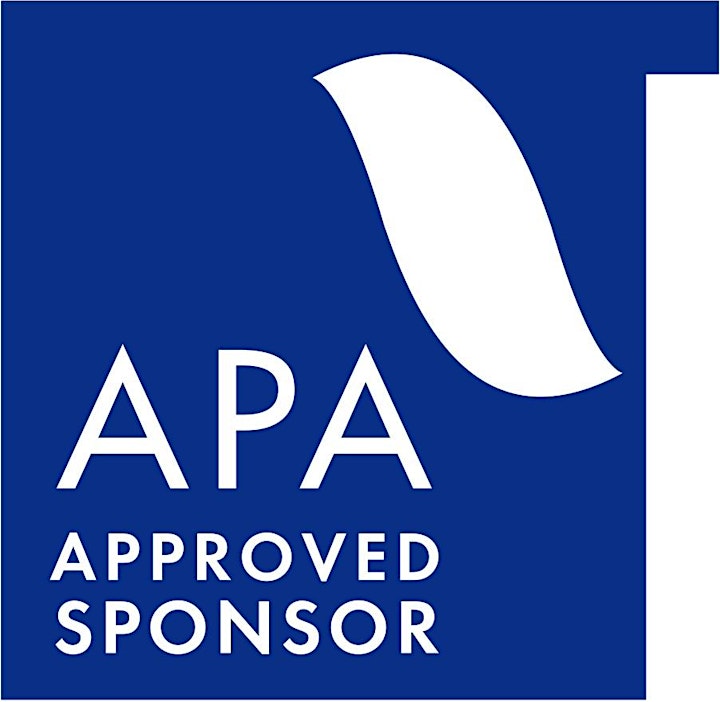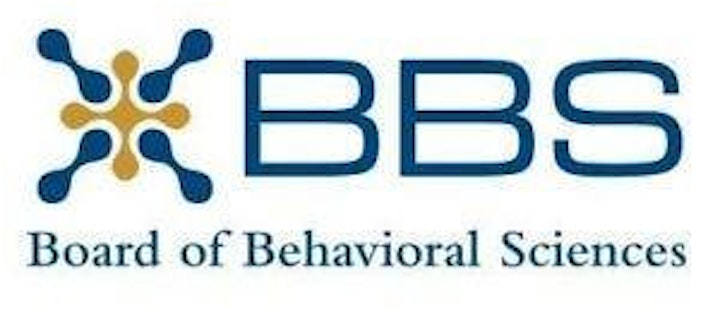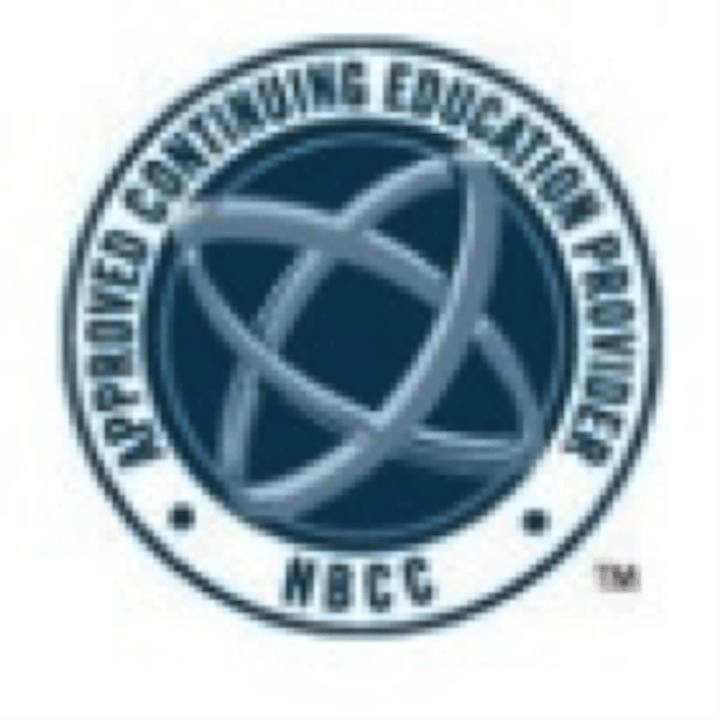
- This event has passed.
Spiritual Interventions for Post Traumatic Growth in the Era of a Double…
October 12, 2020 @ 7:00 pm - 8:00 pm CDT
Spiritual Interventions for Post Traumatic Growth in the Era of a Double Pandemic
Monday October 12, 2020
7:00pm-8:00pm ET
Event held online via Zoom Link, link to access provided upon registration.
This program, when attended in its entirety, offers 1.0 CE for Psychologists and 1 BBS California CEU for LMFTs, LPCC’s and LCSW’s.
Workshop Description:
This webinar will explore the individual and collective, potentially traumatizing aspects of what has been referred to as America’s “double pandemic”, COVID-19 and racial injustice. A strengths-based lens will be utilized to describe how posttraumatic growth may be experienced according to how individuals make meaning out of the challenges of this double pandemic, including the use of spiritual and religious resources and interventions. The interventions proposed will be geared towards helping clinicians develop strategies to facilitate reframing and re-storying of narratives to include a greater sense of empowerment, connection, and healing.
The recent adjustments to life caused by the COVID-19 pandemic as well as the recent uptick of publicized attacks against people of color in the U.S., many of which involve police presence, have negatively impacted individuals on the level of cognition, affect, and behavior in the manner that traumatic experiences can, creating a sense of vulnerability, insecurity, and loss of control. Tedeschi and Calhoun (1996) outline that some of the marks of posttraumatic growth are enhanced appreciation of life, improved relationships with others, new possibilities in life, personal strength, and spiritual change. This webinar will propose the use of select spiritual integration interventions in clinical interactions that facilitate these marks of posttraumatic growth.
Learning Objectives:
By the end of the program participants will be able to:
1. Define posttraumatic growth and present the therapeutic relevance of the concept of posttraumatic growth to the current public health and social inequity crises in the U.S.
2. Outline spiritual integration therapeutic interventions that clinicians can utilize to foster posttraumatic growth in clients.
Professional Bio of Presenter:
Ricardo Phipps is a counselor educator currently serving at The Chicago School of Professional Psychology—DC Campus. Prior to coming to TCSPP, Dr. Phipps taught in two other CACREP accredited Clinical Mental Health Counseling programs, the University of Texas at Tyler and LaSalle University (Philadelphia, PA). Dr. Phipps also has significant clinical experience working with college students and other populations, having worked as clinical staff in university counseling center settings. He also brings experience in professional ministry, having spent 15 years as a Catholic priest. Dr. Phipps’ spiritual and religious ministry background informs the manner in which he approaches spiritual and existential themes in counseling.
Program Standards and Goals:
This program meets APA’s continuing education Standard 1.3: Program content focuses on topics related to psychological practice, education, or research other than application of psychological assessment and/or intervention methods that are supported by contemporary scholarship grounded in established research procedures.This program meets APA’s continuing education Goal 3: Program will allow psychologists to maintain, develop, and increase competencies in order to improve services to the public and enhance contributions to the profession.
References:
Avent Harris, J. R. (2019). The Black Superwoman in spiritual bypass: Black women’s use of religious coping and implications for mental health professionals. Journal of Spirituality in Mental Health, 1-7. https://doi.org/10.1080/19349637.2019.1685925
Bryant-Davis, T., & Wong, E. C. (2013). Faith to move mountains: Religious coping, spirituality, and interpersonal trauma recovery. American Psychologist, 68(8), 675-684. https://doi.org/10.1037/a0034380
Evans, A. M., Hemmings, C., Burkhalter, C., & Lacy, V. (2016). Responding to race related trauma: counseling and research recommendations to promote post-traumatic growth when counseling African American Males. Journal of Counselor Preparation and Supervision, 8(1), 1-26. http://dx.doi.org/ 10.7729/81.1085
Vostanis, P., & Bell, C. A. (2020). Counselling and psychotherapy post‐COVID‐19. Counselling and Psychotherapy Research, 20(3), 389-393. https://doi.org/10.1002/capr.12325
Continuing Education:
Target Audience: Professionals from all mental health disciplines and graduate students from all mental health disciplines.
Psychologists. The Chicago School of Professional Psychology is committed to accessibility and non-discrimination in its continuing education activities. The Chicago School of Professional Psychology is also committed to conducting all activities in conformity with the American Psychological Association’s Ethical Principles for Psychologists. Participants are asked to be aware of the need for privacy and confidentiality throughout the program. If program content becomes stressful, participants are encouraged to process these feelings during discussion periods. If participants have special needs, we will attempt to accommodate them. Please address questions, concerns and any complaints to Danielle Bohrer at 312-467-2364. There is no commercial support for this program nor are there any relationships between the CE Sponsor, presenting organization, presenter, program content, research, grants, or other funding that could reasonably be construed as conflicts of interest.
MFTs, LPCCs, and LCSWs. Course meets the qualifications for continuing education credit for MFTs, LPCCs, and/or LCSWs as required by the California Board of Behavioral Sciences. If you are licensed outside of California please check with your local licensing agency to determine if they will accept these CEUs. The Chicago School of Professional Psychology is approved by the California Board of Behavioral Sciences (BBS) to offer continuing education programming for MFTs, LPCCs, LEPs, and/or LCSWs. The Chicago School of Professional Psychology is an accredited or approved postsecondary institution that meets the requirements set forth in Sections 4980.54(f)(1), 4989.34, 4996.22(d)(1), or 4999.76(d) of the Code.
Participation Certificate. The Chicago School of Professional Psychology is able to provide students and other participants who simply wish to have documentation of their attendance at the program a participation certificate.
Non Psychologists. Most licensing boards accept Continuing Education Credits sponsored by the American Psychological Association but non-psychologists are recommended to consult with their specific state-licensing board to ensure that APA-sponsored CE is acceptable.
*Participants must attend 100% of the program, and pass a brief comprehension quiz, in order to obtain a Certificate of Attendance.
The Chicago School of Professional Psychology is approved by the American Psychological Association to sponsor continuing education for psychologists. The Chicago School of Professional Psychology, Washington DC Campus has been approved by NBCC as an Approved Continuing Education Provider, ACEP No. 3061. The Chicago School of Professional Psychology maintains responsibility for this program and its content. In order to receive CE credit for this program, participants must participate in the live webinar session.



